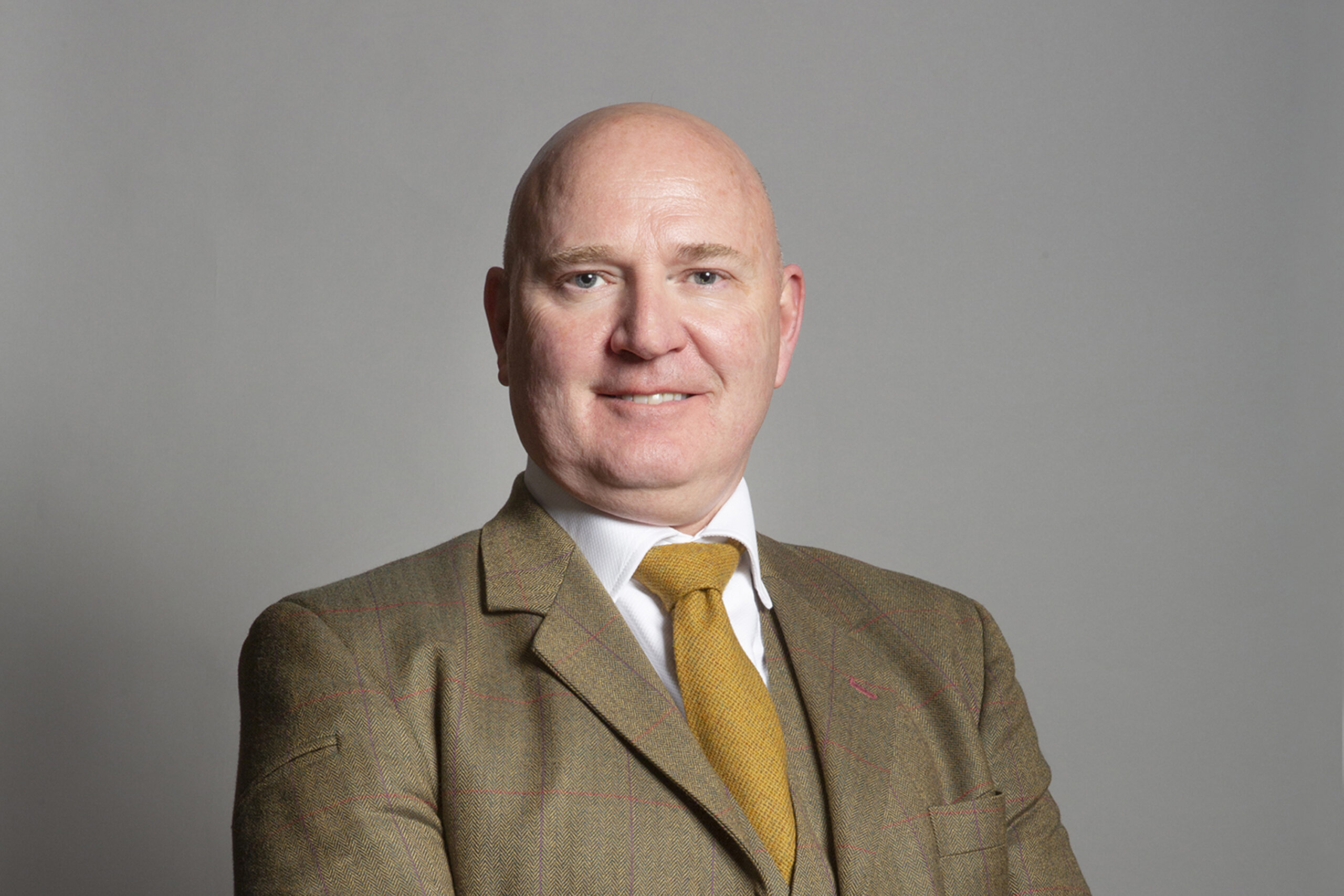This week’s defeat of my Scotland (Self-Determination) Bill in the Commons Chamber served as an explicit rebuttal to claims down the centuries that the UK is a respectful and voluntary union of equal nations.
This was the second time I brought my Scotland (Self-Determination) Bill before the house and there are various opinions floating around about the reasons for, and implications of, introducing the legislation as drafted. So, I welcome this opportunity to set out my reasons for bringing it forward for a second time and why I consider Tuesday’s ‘defeat’ a Pyrrhic victory for the union.
When I first introduced the Scotland (Self-Determination) Bill last February I was genuinely surprised that it passed on the nod. And while it was unlikely to get a formal second reading or become law, I tried everything I could to find a mechanism to force a vote. However, standing orders and prorogation ultimately hampered those efforts.
In advance of its First Reading this time around, Christine Jardine MP referred to the Bill in the media as “divisive and unnecessary”. In truth the Bill is anything but. It merely replicates the provisions established by the Belfast Agreement and contained in the Northern Ireland Act 1998.
What Christine Jardine MP and her supporters must confront is that it is in fact a modest, liberal and fundamentally democratic mechanism. It would deliver constitutional parity to the people of Scotland, as it favours neither side of the argument. It is also in keeping with the commitments given in the 2014 Smith Commission report and is in accordance with expert international legal opinion and the rights of peoples as enshrined in the UN Charter.
Whilst I gave Christine Jardine MP fair warning on each of these hurdles in advance of her opposition speech, she declined to address them in the chamber. What she delivered instead was a reprisal of the lame Better Together ‘you’ll have had your vote’ sentiments and then meandered off to attack the SNP’s recent track record in government. Given I am not a member of the SNP she went way off topic given political party arguments hold no relevance to the matter that was before the house, the right of the Scottish people to Self-Determination.
It did amuse me when Christine opened her speech by commending me on my knowledge of Liberal political history, which immediately got me thinking, “well at least one of us understands it”.
The reason this is important and the reason why I framed the Bill in this modest way is because it is imperative that independence movement can demonstrate to the international community that all reasonable democratic steps have been attempted, yet the British State are unwilling to acknowledge or accommodate them. And this is relevant because according to esteemed international legal expert Professor Robert McCorquodale “The choice of the means to exercise [self-determination] is for the people to decide and not for the state”.
This is the fundamental point detractors of my efforts are missing. The Bill wasn’t presented with the expectation it would be embraced by the UK Government and become law; I was making use of a parliamentary device and as Rt Hon Alex Salmond posted on @X straight after the vote,,
“Well done to @JNHanvey for flushing out the unionist parties who have now explicitly denied the right of self-determination for Scotland.”
The defeat is a Pyrrhic victory for the union and a key step in Alba’s strategic efforts to shift the focus of the debate back to Scotland where it belongs. Alba’s strategy on independence is underpinned by Professor McCorquodale’s expert international legal opinion and the expert domestic legal opinion of Aiden O’Neill KC.
At the close of my speech, I noted that even Margaret Thatcher recognised “The Scots, being an historic nation with a proud past… have an undoubted right to national self-determination… Should they determine on independence no English party or politician would stand in their way, however much we might regret their departure.” (The Downing Street Years p.624)
This week I pressed the issue and in voting against Scotland’s right the English parties voted against the assurances given by Lord Goldstone, Lady Thatcher and Sir John Major, they subverted the rights established by Winston Churchill now enshrined in the UN Charter, they voted against their international treaty obligations, and against the principle of equal treatment of all distinct peoples within a state.
If Scotland’s Self-Determination is to be Sisyphean endeavour in the corridors of Westminster, it is now time to break the constitutional logjam, by putting Scotland’s future back into Scotland’s hands. And that was always the plan.


